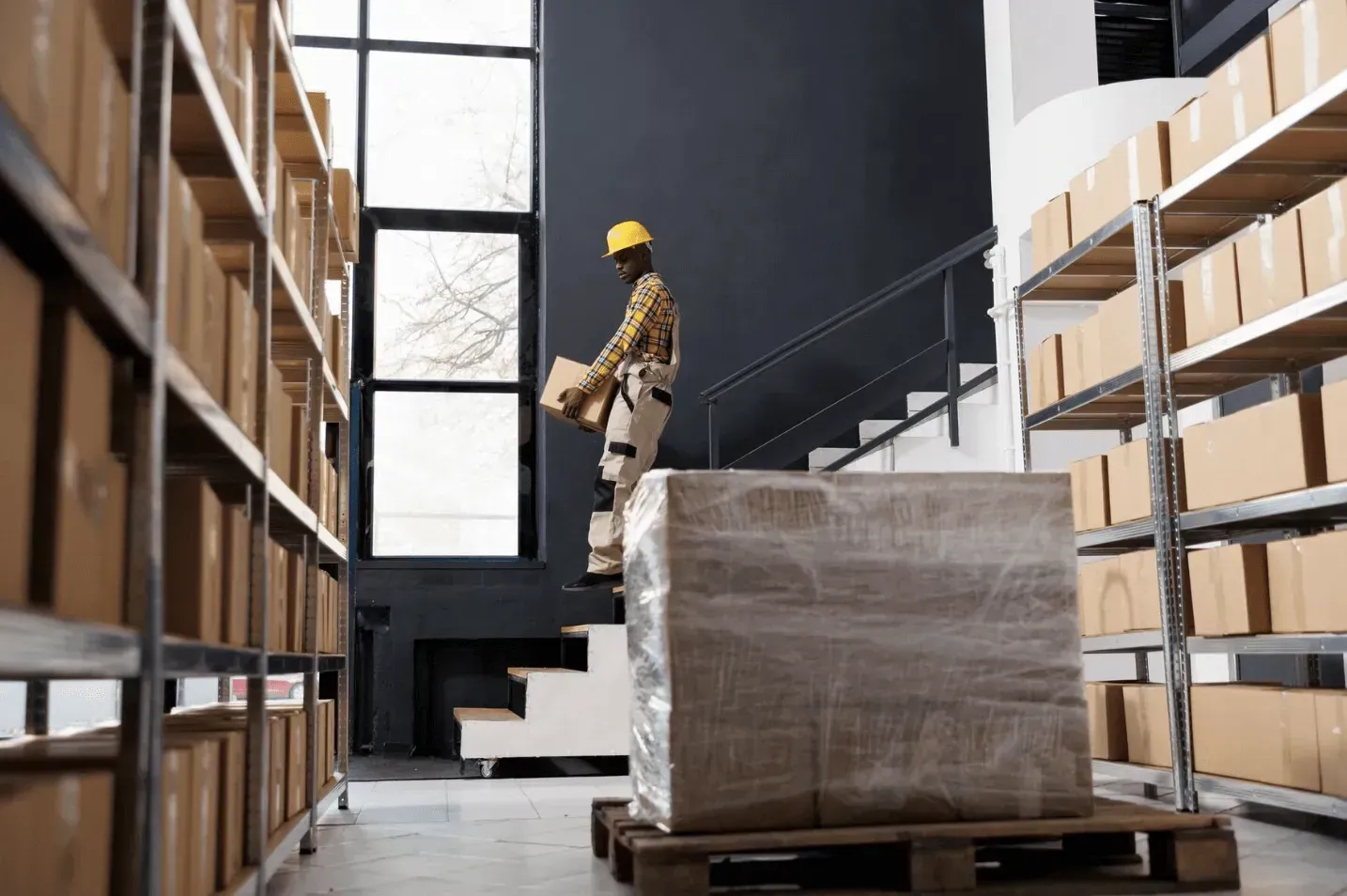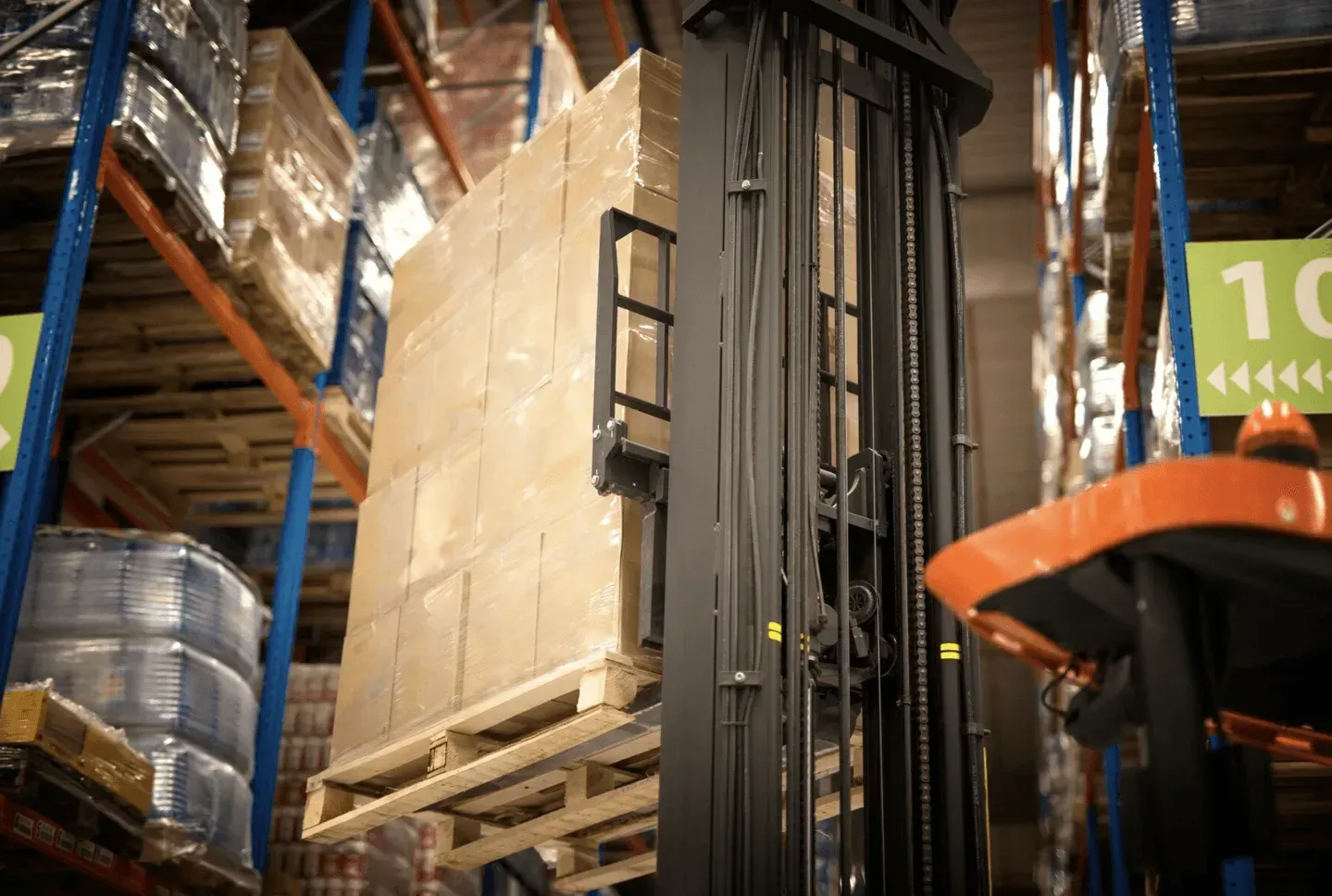Free Trade Zone Warehousing in Colombia

Storage in Free Trade Zones in Colombia
Storage in free trade zones in Colombia offers significant advantages for businesses. These areas allow for tax and tariff reductions, which optimize inventory management and enhance business competitiveness. Additionally, free trade zones facilitate commercial and logistical operations. Activities such as storage, repackaging, and labeling can be carried out, boosting supply chain efficiency.
Benefits of Free Trade Zones in Colombia
Free trade zones in Colombia present a number of benefits that support business and logistics development. Below are the most relevant aspects of this economic model.
Tax and Tariff Reductions
One of the main advantages of operating in free trade zones is the significant reduction of taxes and tariffs. This allows companies to import and export goods without the usual tax burdens. Key exemptions include:
- Exemption from Value-Added Tax (VAT)
- Single income tax rate
- Elimination of tariffs on the importation of supplies and machinery
Improved Inventory Management
Free trade zones facilitate more effective inventory management. Thanks to flexibility in customs procedures, companies can store goods without incurring high tax costs. This translates into better planning and stock control.
Impact on Business Competitiveness
The favorable environment of free trade zones helps enhance business competitiveness. Tax savings can be reinvested into process improvements and innovation. Companies operating in these zones are able to offer more competitive pricing, helping them position themselves more strongly in global markets.
Permitted Operations in a Free Trade Zone
Free trade zones in Colombia allow for a wide range of operations that facilitate trade and the efficient handling of goods. The following are the main activities that can be performed in these special areas.
Storage and Handling of Goods
Storage is one of the most important activities in free trade zones. These areas provide suitable spaces for maintaining inventories under optimal conditions, enabling businesses to manage their products strategically. Goods handling includes the reception, preservation, distribution, and dispatch of items, with logistical operations ensuring their integrity.
Additional Services: Repackaging and Labeling
Companies can also access additional services within free trade zones. These operations help adapt products to meet market demands. Repackaging involves replacing the original packaging with alternatives that meet specific presentation or logistical requirements.
Compliance with Quality Standards
To ensure that exported products meet the required standards, it is essential that repackaging and labeling comply with current regulations. This not only facilitates the commercialization process but also helps avoid legal setbacks.
Industrial and Commercial Activities
Free trade zones allow companies to carry out industrial and commercial activities, such as the manufacturing of goods. Businesses can transform stored goods, adding significant value. These activities are essential to boosting competitiveness in international markets.
Logistics Advantages of Free Trade Zones
Free trade zones in Colombia offer a range of logistical advantages that enhance the efficiency of commercial operations. These features are essential for maximizing the benefits for companies choosing this type of storage.
Modern and Specialized Infrastructure
Free trade zones feature facilities specifically designed for handling and storing goods. This infrastructure includes:
- Large warehouses adapted to various types of products
- Refrigerated spaces for perishable goods
- Advanced machinery for loading and unloading operations
- Technological systems for inventory control and goods tracking

Product Handling Safety
Safety is a top priority in free trade zones. These areas implement strict protection protocols that include:
- Constant surveillance through camera systems and security personnel
- Restricted access, allowed only for authorized personnel
- Regular inspections and audits to ensure the integrity of goods
Efficiency in the Logistics Chain
Operating within free trade zones allows companies to optimize their logistics processes. Key advantages include:
- Reduced time in import and export procedures
- Faster distribution of products to different markets
- Repackaging and labeling operations without additional tariff costs
Considerations and Challenges of Storage in Free Trade Zones
While free trade zones present attractive opportunities, they also come with certain challenges that companies must consider carefully. These aspects are fundamental to ensuring smooth and efficient operations.
Customs Regulations and Compliance
Free trade zones are subject to specific regulations that govern commercial operations. It is crucial for companies to stay updated on current customs regulations to avoid penalties. Non-compliance may lead to fines and serious legal complications. Continuous planning and monitoring of these regulations are essential for the proper functioning of commercial activities.
Costs Associated with Free Trade Zones
Although free trade zones offer tax benefits, there are associated costs that companies must evaluate, such as:
- Storage fees
- Logistics costs related to handling and distribution
- Operational expenses tied to infrastructure use
A detailed assessment of these costs is necessary to determine the financial viability of operating within a free trade zone.
Maximum Permitted Storage Time
Goods in free trade zones may remain for up to two years, with a possible extension of another two years if properly justified. Companies must manage their inventory and operations to avoid exceeding this timeframe, as doing so may result in penalties or the obligation to pay applicable tariffs.
Success Stories from Free Trade Zone Companies
Free trade zones in Colombia have fueled the growth of various companies, demonstrating how this model can be key to success in international trade.
Growth in Exports and Imports
Over the past decade, free trade zones have significantly contributed to Colombia’s export and import growth. This development is reflected in:
- A steady increase in the volume of goods handled
- Improvements in logistics infrastructure, facilitating product movement
- Increased competitiveness of Colombian products in international markets
Examples of Companies Optimizing Logistics
Several companies have successfully optimized their operations by leveraging the benefits of free trade zones. Some notable examples include:
- Bridge Cargo: Improved its supply chain by using free trade zone spaces for agile storage of goods
- Falcon Freight: Integrated logistics services to enhance repackaging and distribution within these strategic areas
Innovation in the Colombian Logistics Sector
Companies operating in free trade zones are adopting advanced technologies and innovative processes. These efforts include:
- Implementation of automated inventory management systems
- Use of digital tools for goods tracking and traceability
- Development of customized logistics solutions to enhance customer satisfaction






